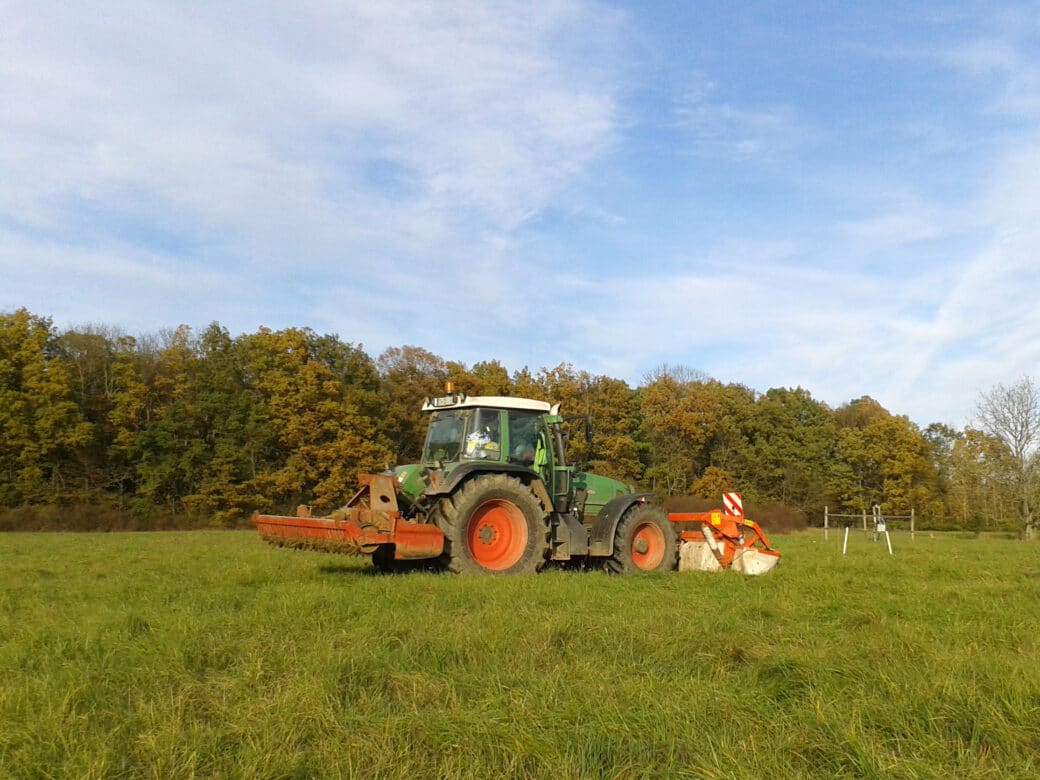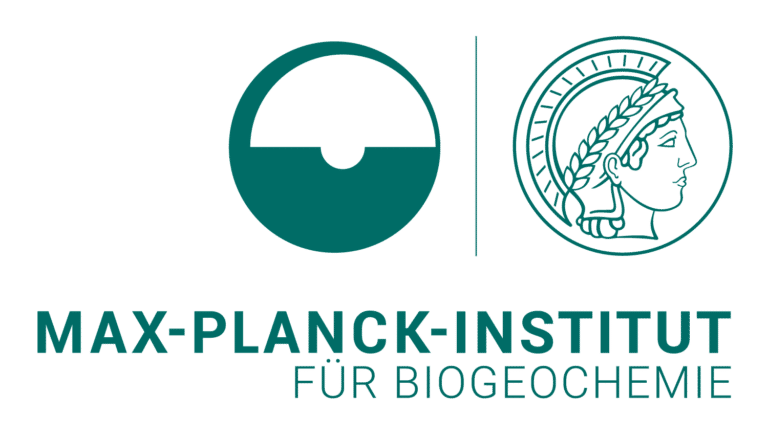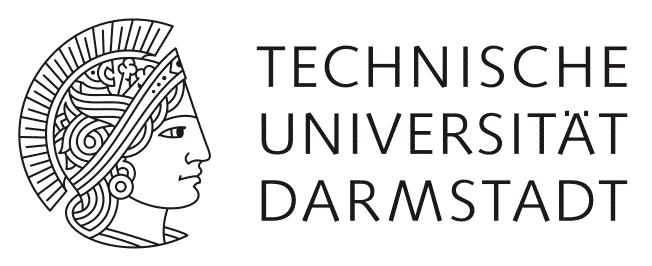FuncNet – Land-use effects on functional trait networks and consequences for ecosystem processes

Species interactions are mediated by species traits and thus a beyond species approach is necessary to study the functional consequences of land-use intensification. Intensification of land use is assumed to act as environmental filter and thus affect the species trait composition of plants and insects and thereby the interaction between them. Which traits or trait syndromes are most responsive to land use and how niche-based and neutral processes affect trait distribution along land-use gradients across taxa and scales is little understood.
In this project a functional trait characterisation of insect species will be combined with plant trait databases and a plant-herbivore interaction data base, to build functional consumer (phytophagous, xylophagous, zoophagous) – plant networks. It will be studied how land-use intensity affects trait-based interaction networks, as well as the consequences of these changes for community-based processes such as herbivory, biomass production and wood decomposition.
This will be studied along a series of gradients of local land-use intensity in grasslands and forests in landscapes of different complexity and connectivity in the Biodiversity Exploratories in order to enhance our mechanistic understanding of the functional consequences of land-use intensification.









